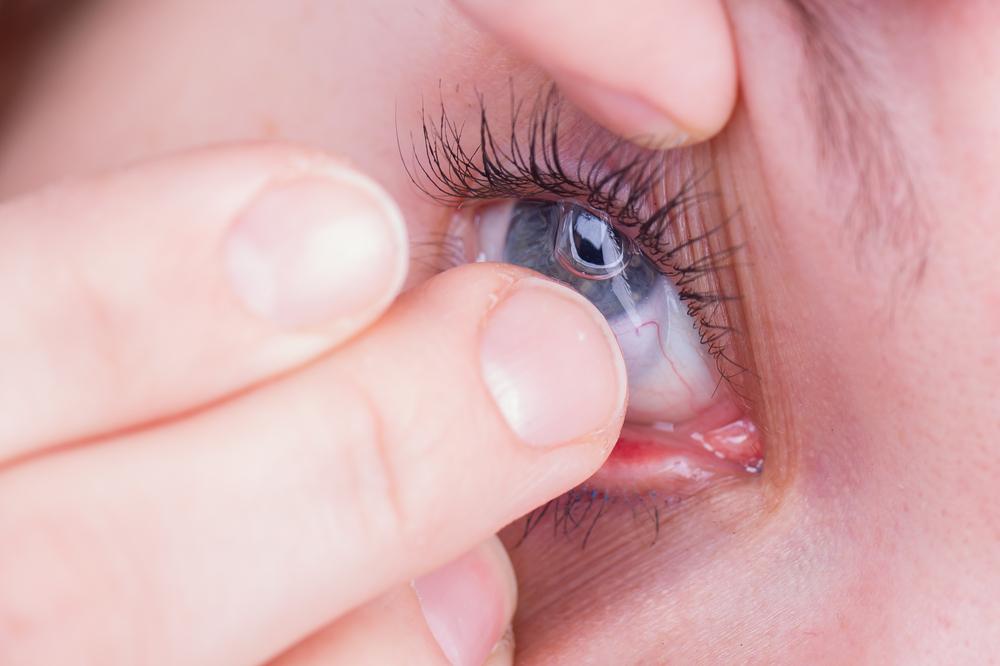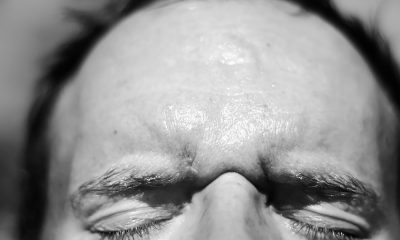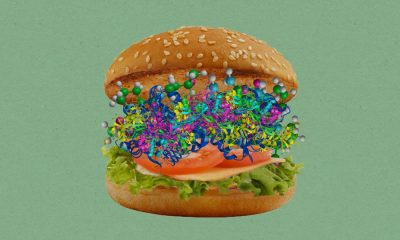A man from Florida went blind in one eye after sleeping with his contact lenses still in. But the thin plastic lenses were only partly responsible for his condition.
Mike Krumholz, 21, recently shared his story with the Daily Star, saying he took a 40-minute nap on Dec. 19 last year without removing his contact lenses.
After his brief snooze, he woke up with his right eye irritated and inflamed. However, he thought nothing was wrong with it, and it would eventually subside.
“My contacts just felt really irritated like they were floating in my eye. I took them (the contact lenses) out, and there was nothing wrong,” the college student told the outlet.
But he quickly realized that something was not right when the irritation did not go away. The following day, he went to see an optometrist. But he was misdiagnosed with the herpes simplex 1 virus.
Krumholz has been wearing contact lenses for years. And it was not the first time he forgot to take them out before hitting the sack, so getting the odd eye infection did not seem alarming to him.
However, his condition got worse. For about a month, he had to deal with continued irritation and blurred vision. It was only then that he decided to go to the hospital.
Mike was eventually diagnosed with Acanthamoeba keratitis after a series of tests. The infection is caused by a single-celled amoeba typically found in bodies of water, soil and air, according to the Centers for Disease Control and Prevention (CDC).
The condition affects the transparent outer covering of the eye called the cornea and causes several symptoms, including pain, redness, blurred vision, sensitivity to light, excessive tearing and sensation that something is in the eye, the CDC explained before adding that the infection mostly affects contact lens wearers.
Contact lenses provide a good place to thrive for the parasite when stored and handled improperly. Poor disinfection and coming into contact with contaminated water when swimming or showering could lead to infection.
In Krumholz’s case, he had to undergo a procedure called photodynamic therapy in which doctors had to put the white of his eye over the pupil so it could fight off the parasite.
But it appears it’s already too late to save his vision in the infected eye. According to him, he only sees “black and gray flashing,” like the static of a TV in his right eye.
“I could not explain one pain like this in my life. It’s like a constant shock, it’s a constant pain. I’m pretty proud of my pain tolerance, but I have been screaming in pain. I wish that I was exaggerating,” he said.
Making things worse for him, Krumholz is not currently eligible for an eye transplant. He also had to stop studying while receiving treatment to lessen the severity of the infection.
He has since turned to TikTok to bring awareness to the condition and voice a warning for people who, like him, wear contacts even while sleeping, as per the New York Post.
“There’s a lot of people that wear contacts right now who have said, ‘Hey I’ve just slept in my contacts, should I go to the doctor?’ I’m trying to get the word out there that [there are] issues with it,” he said.
















